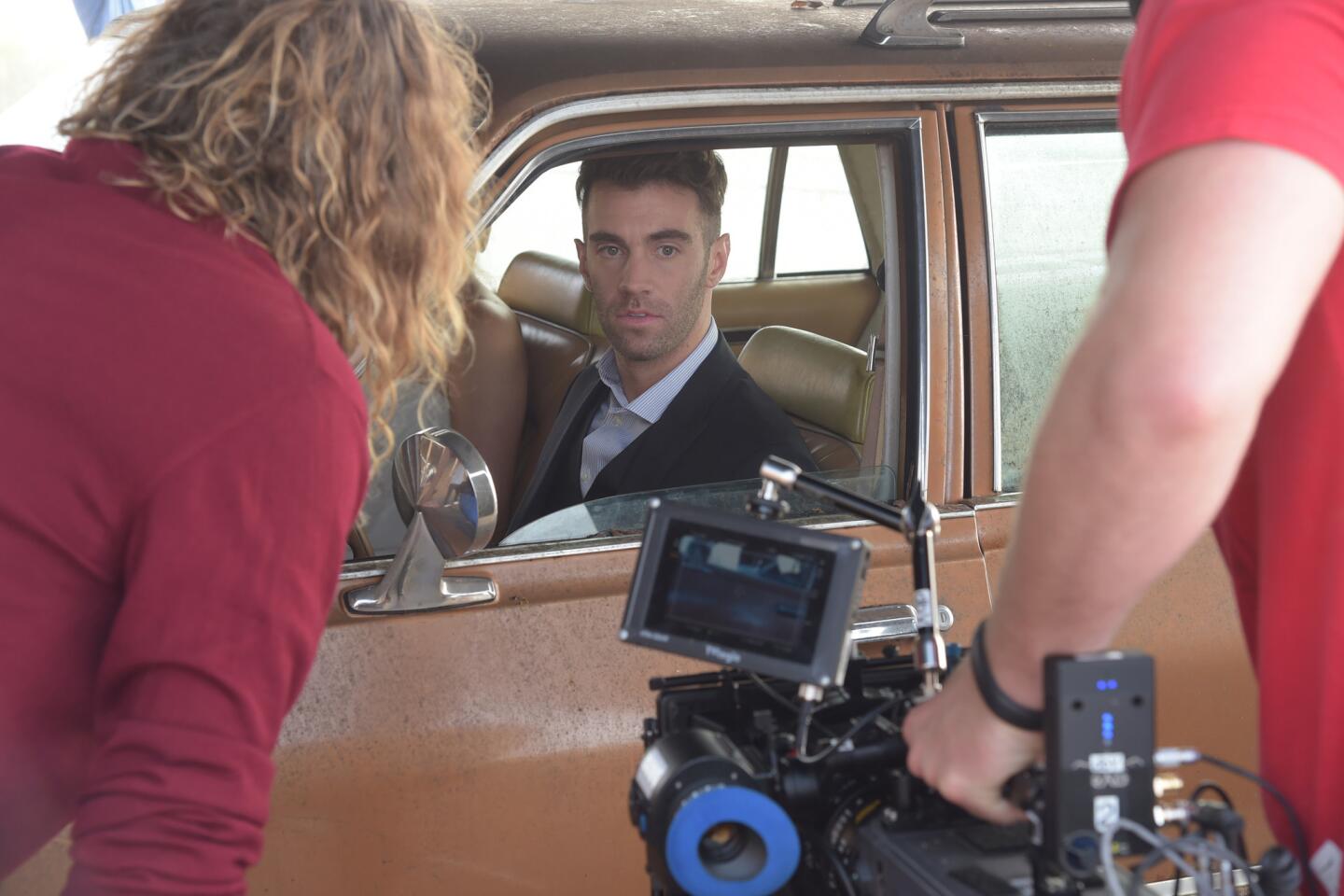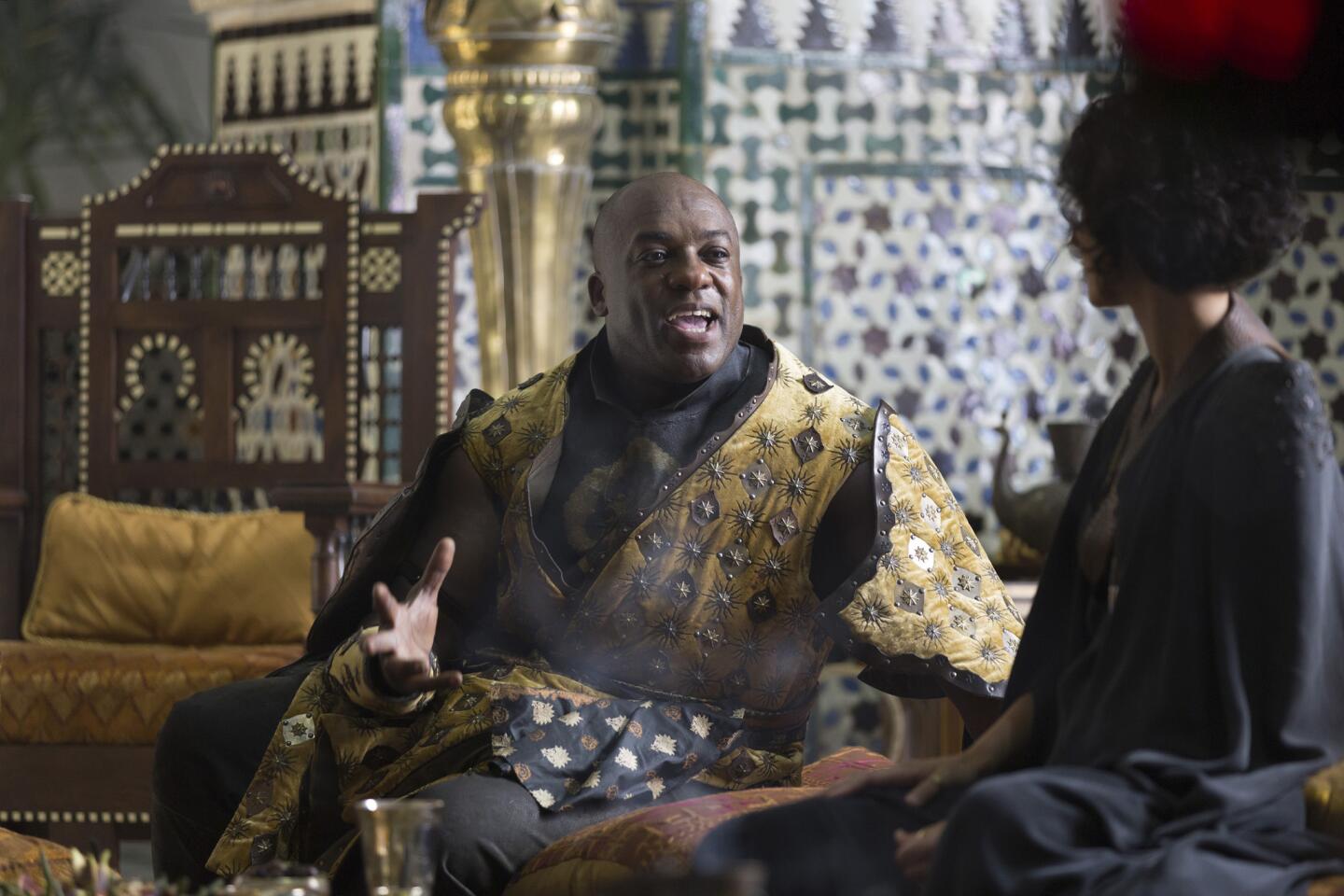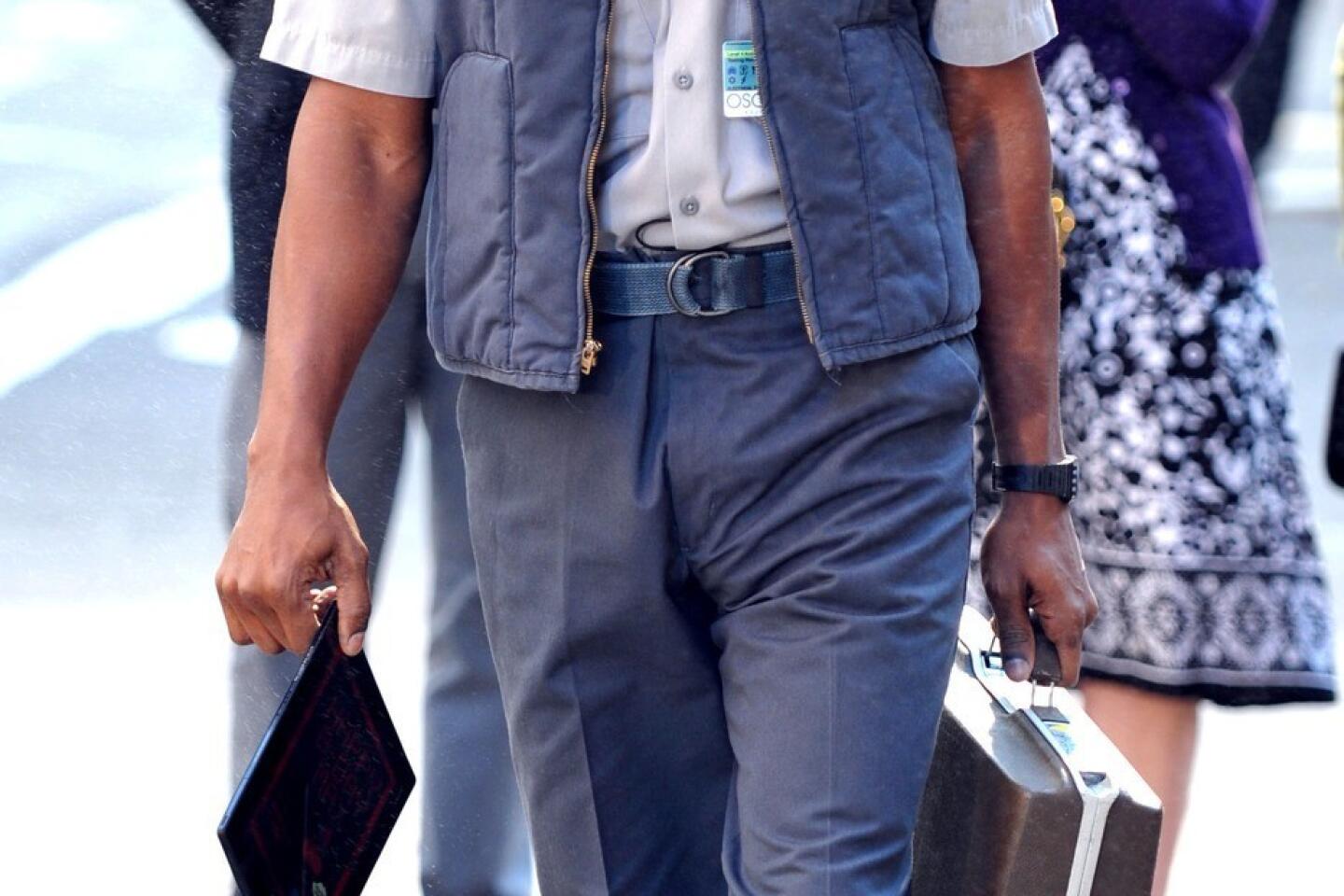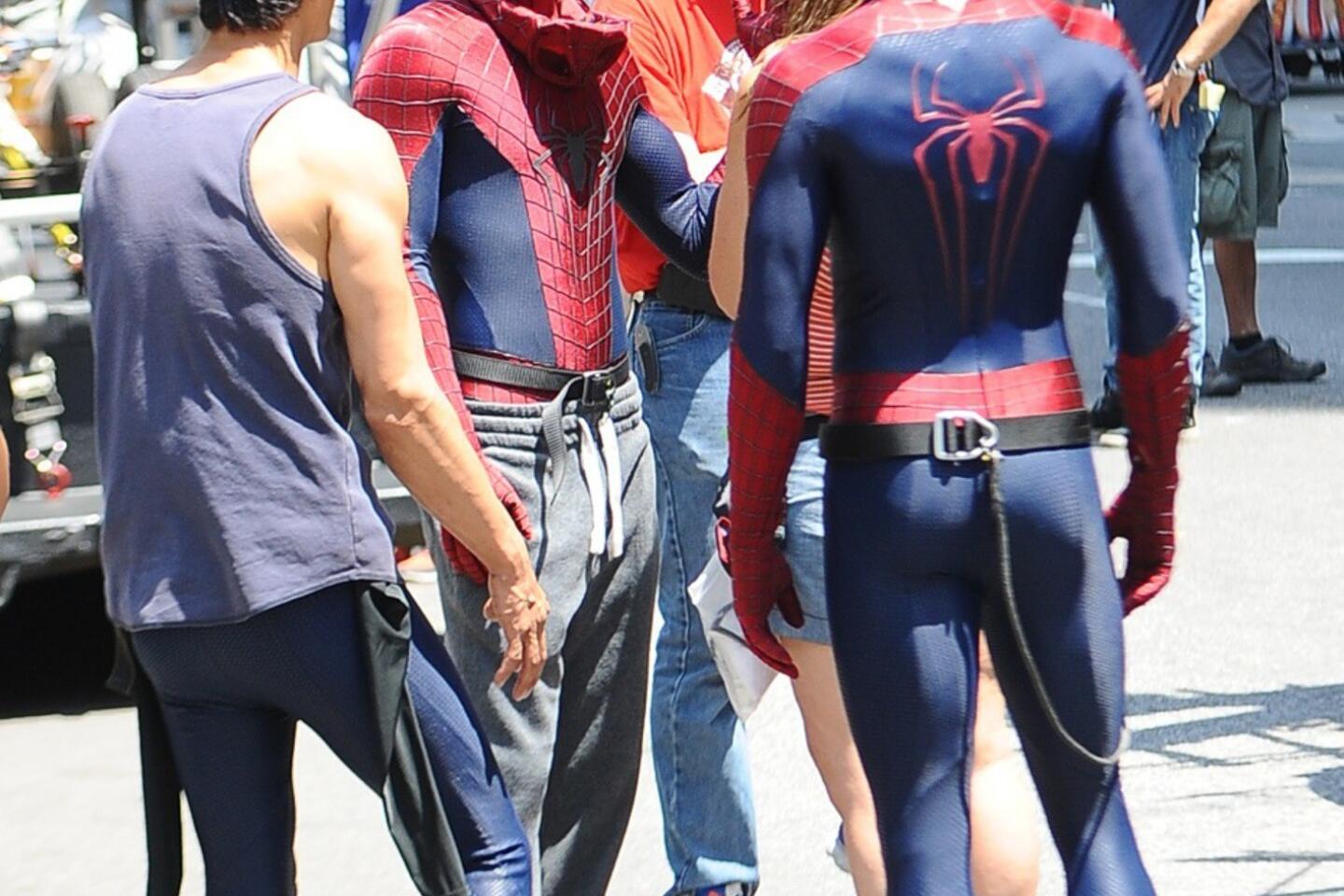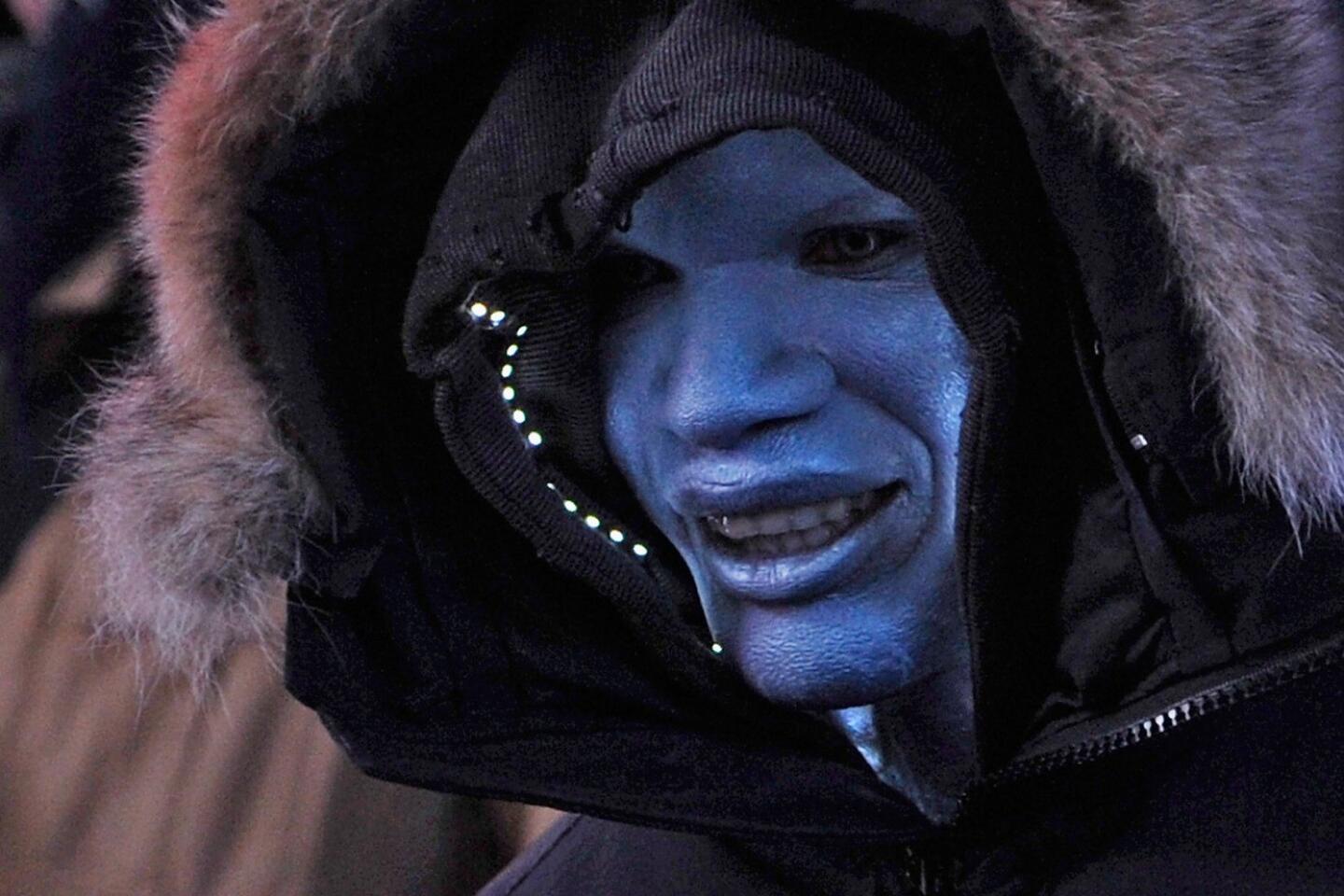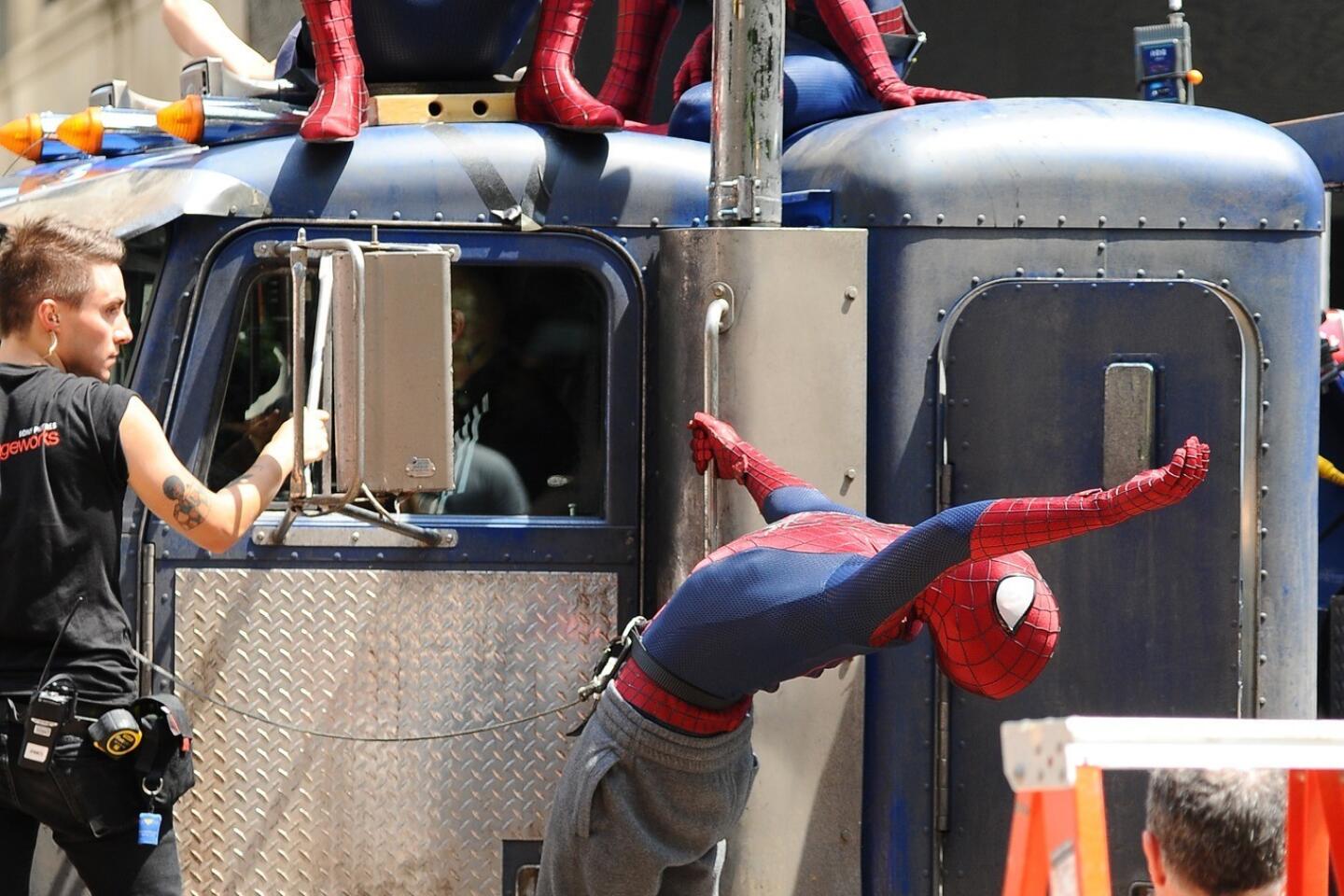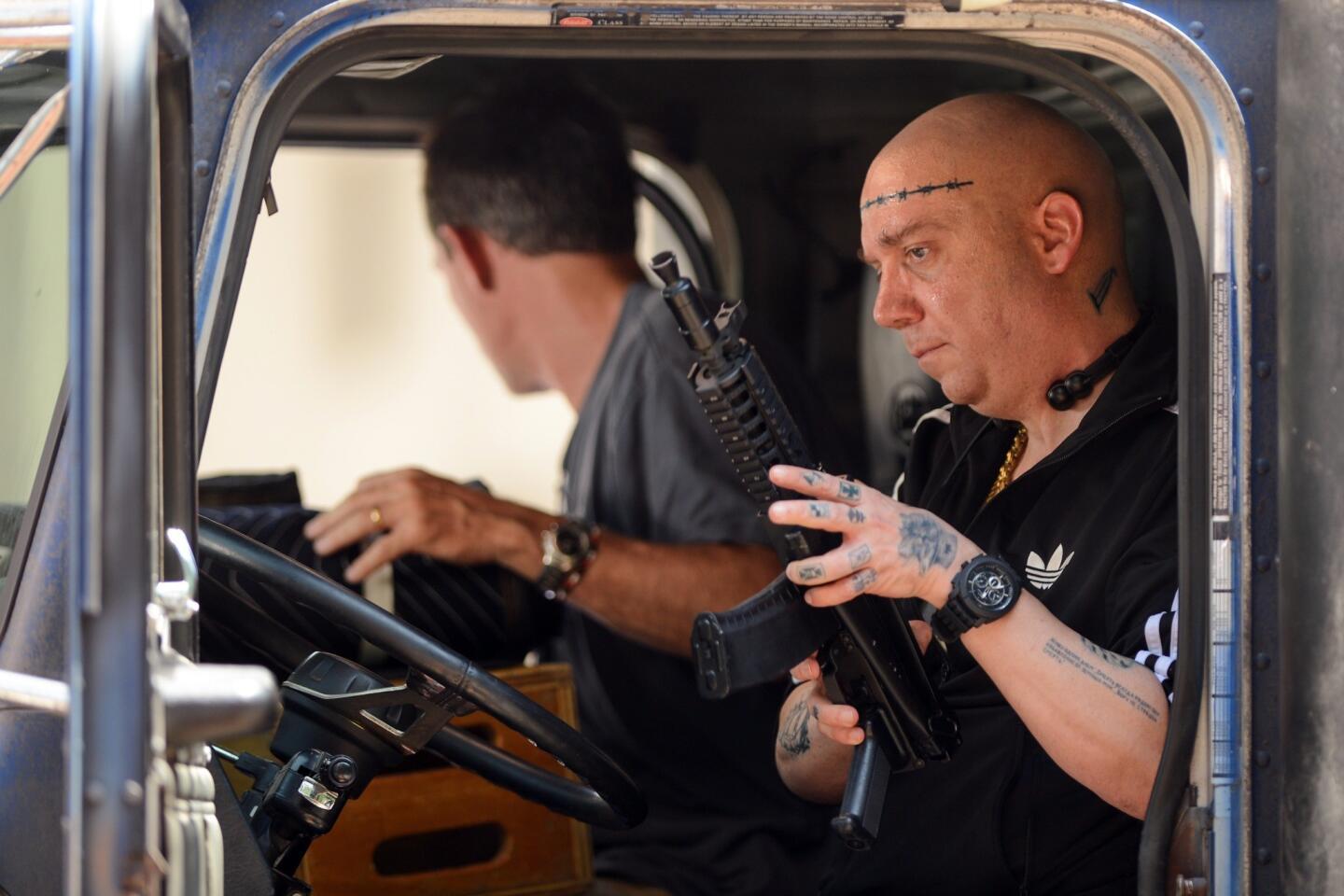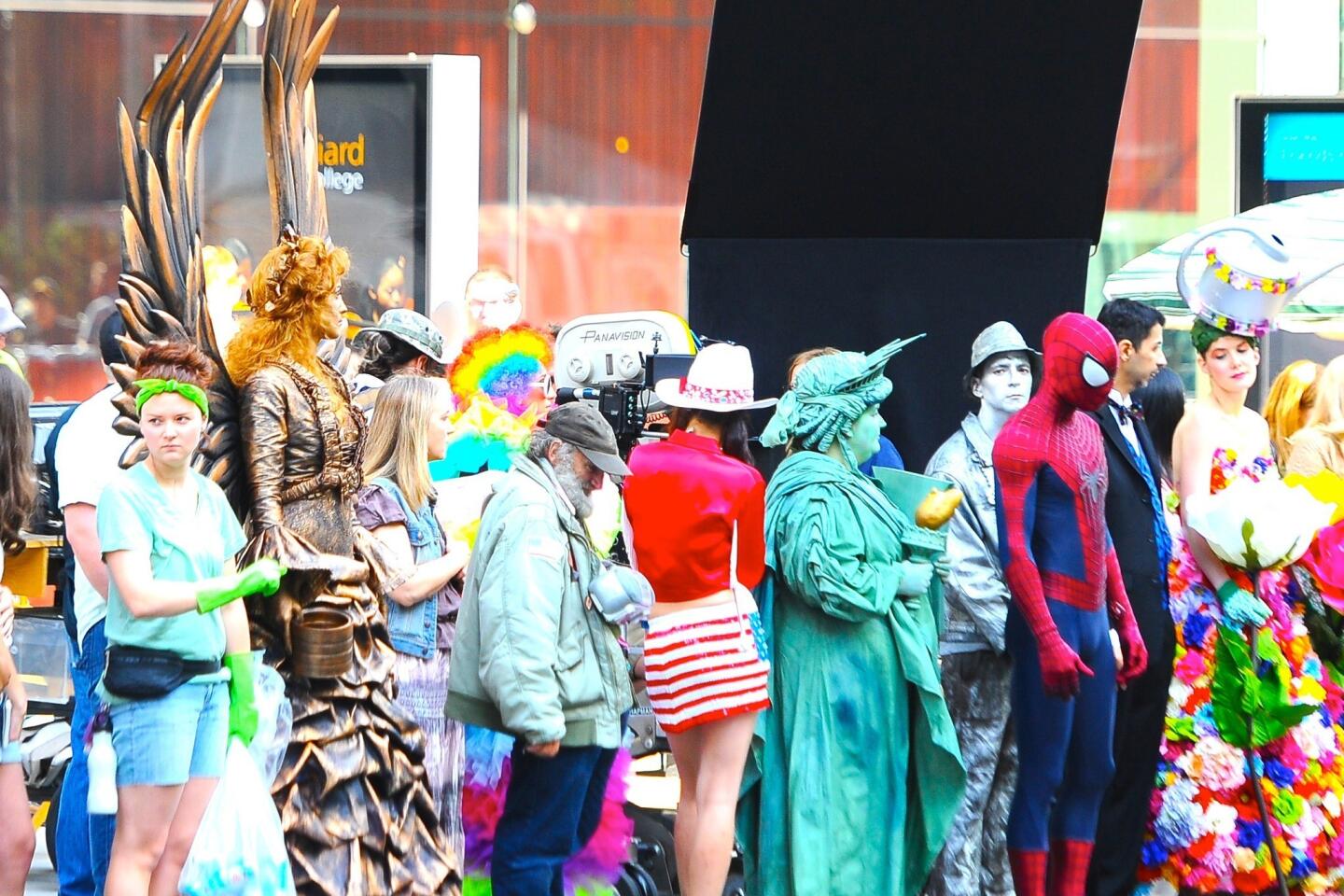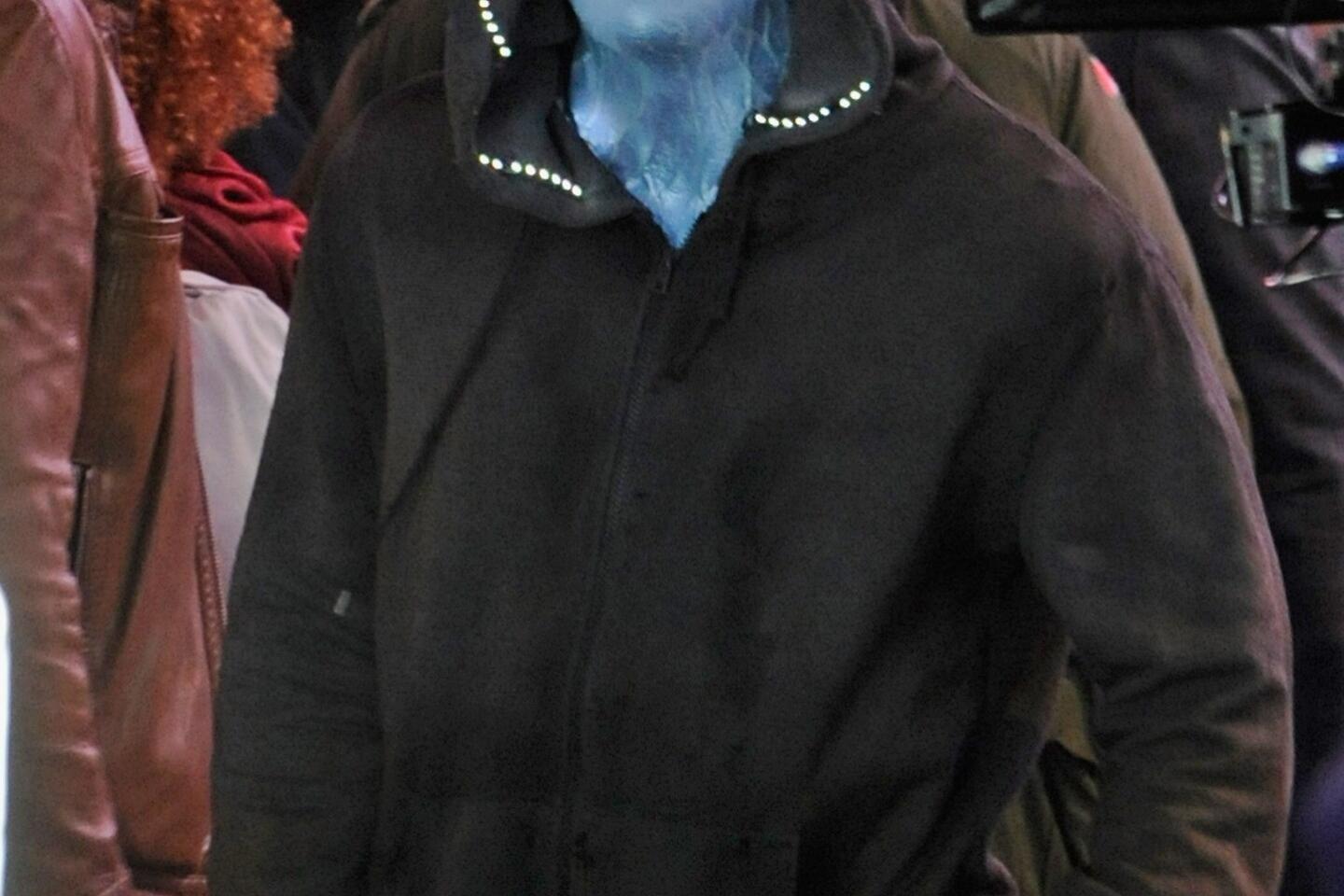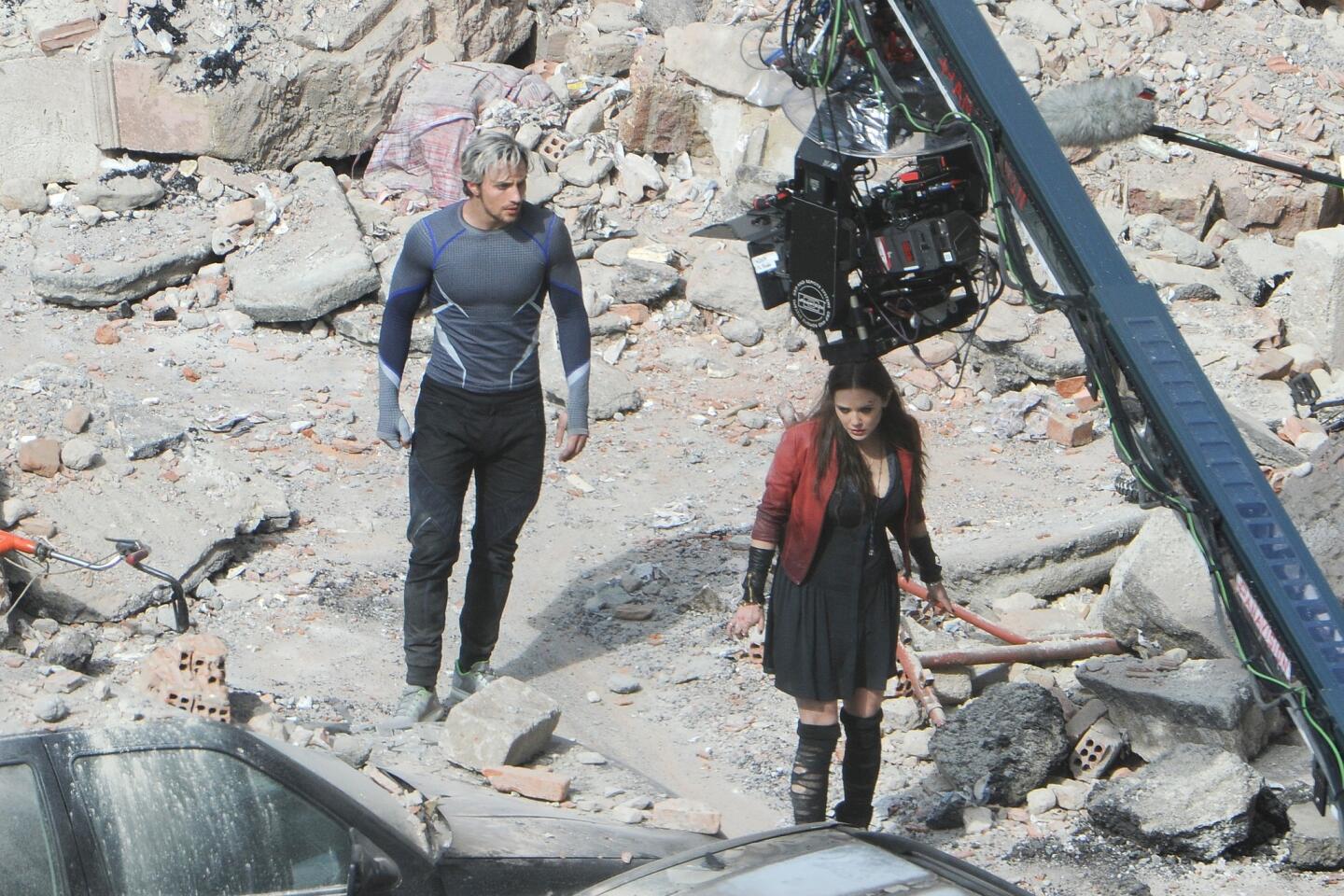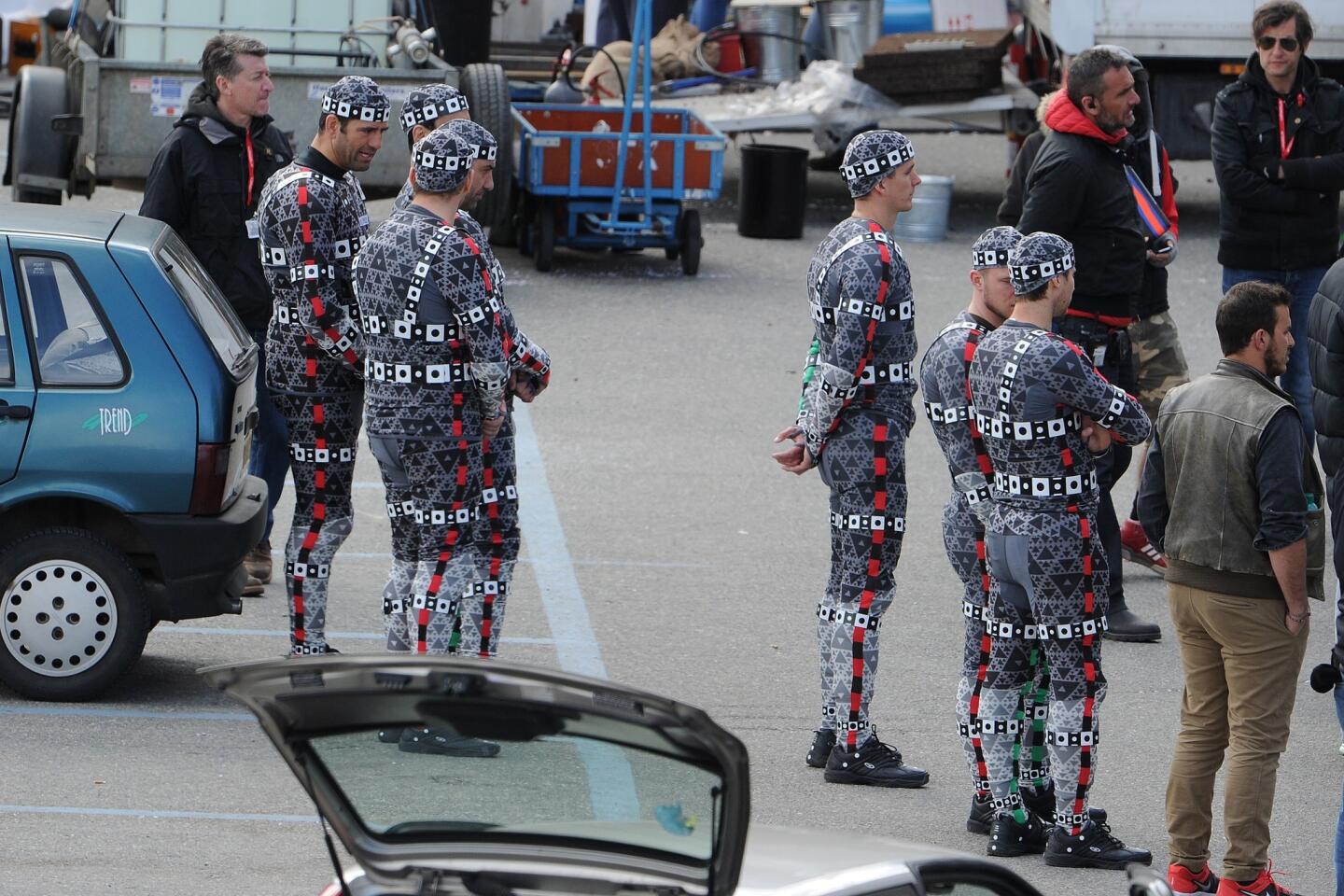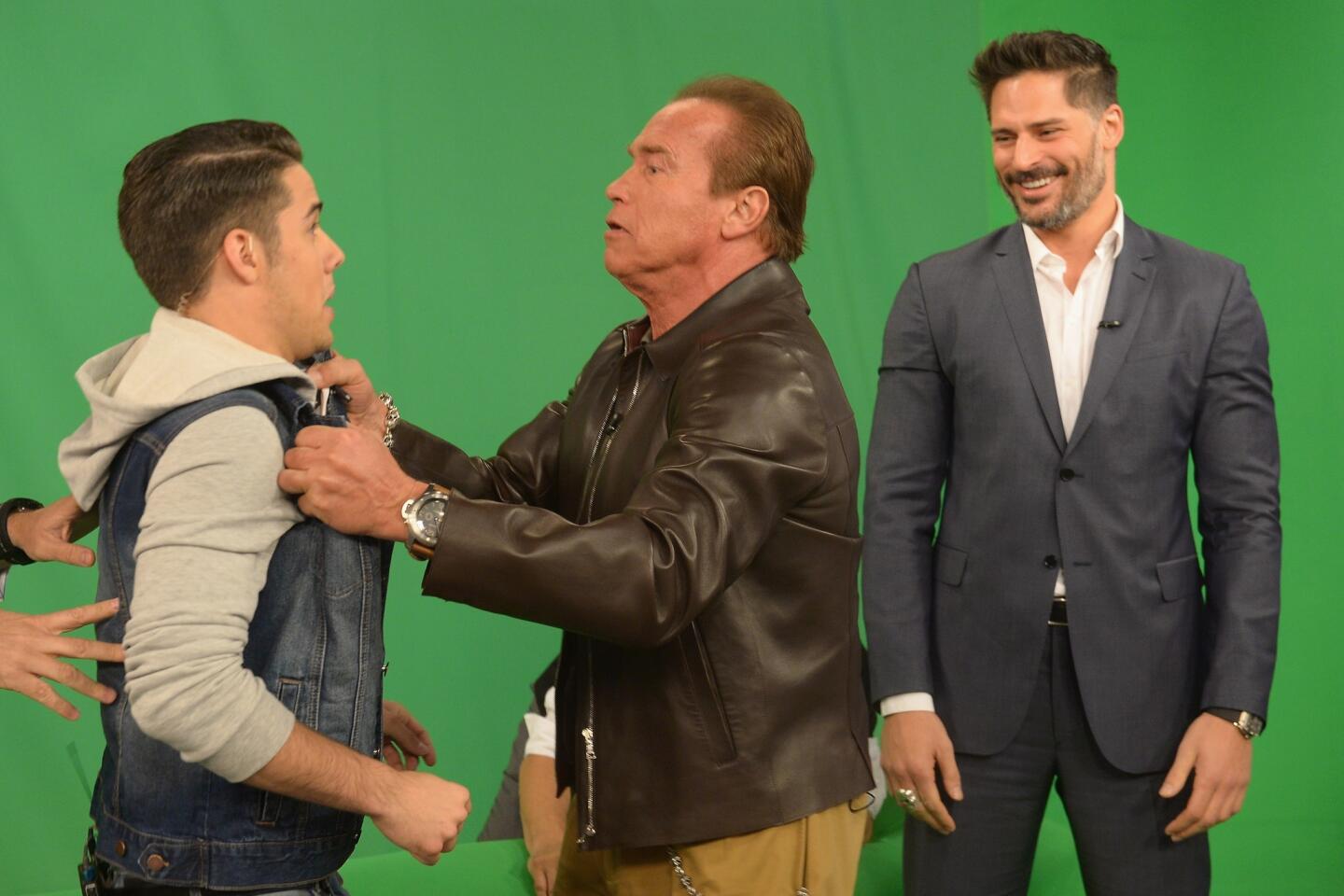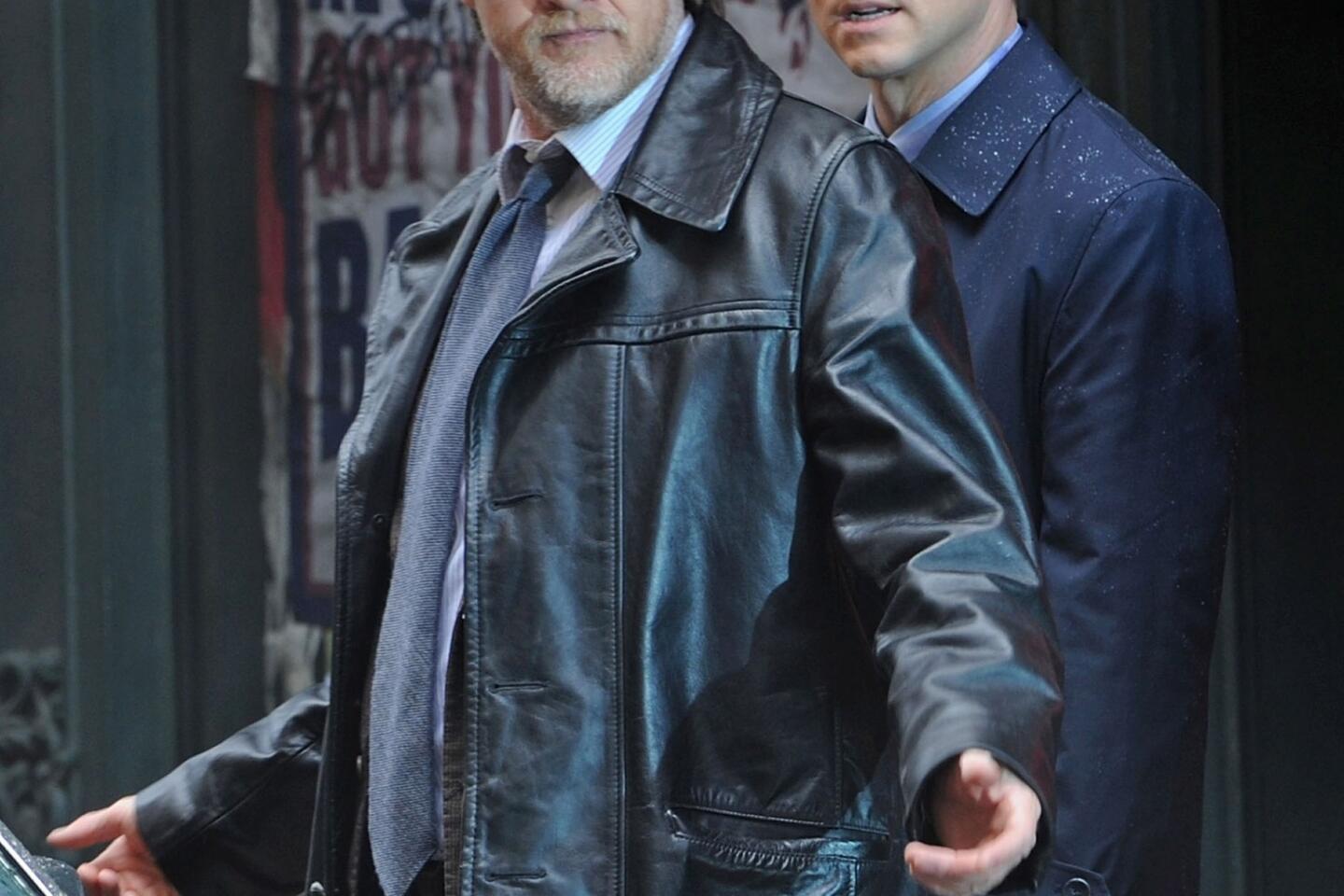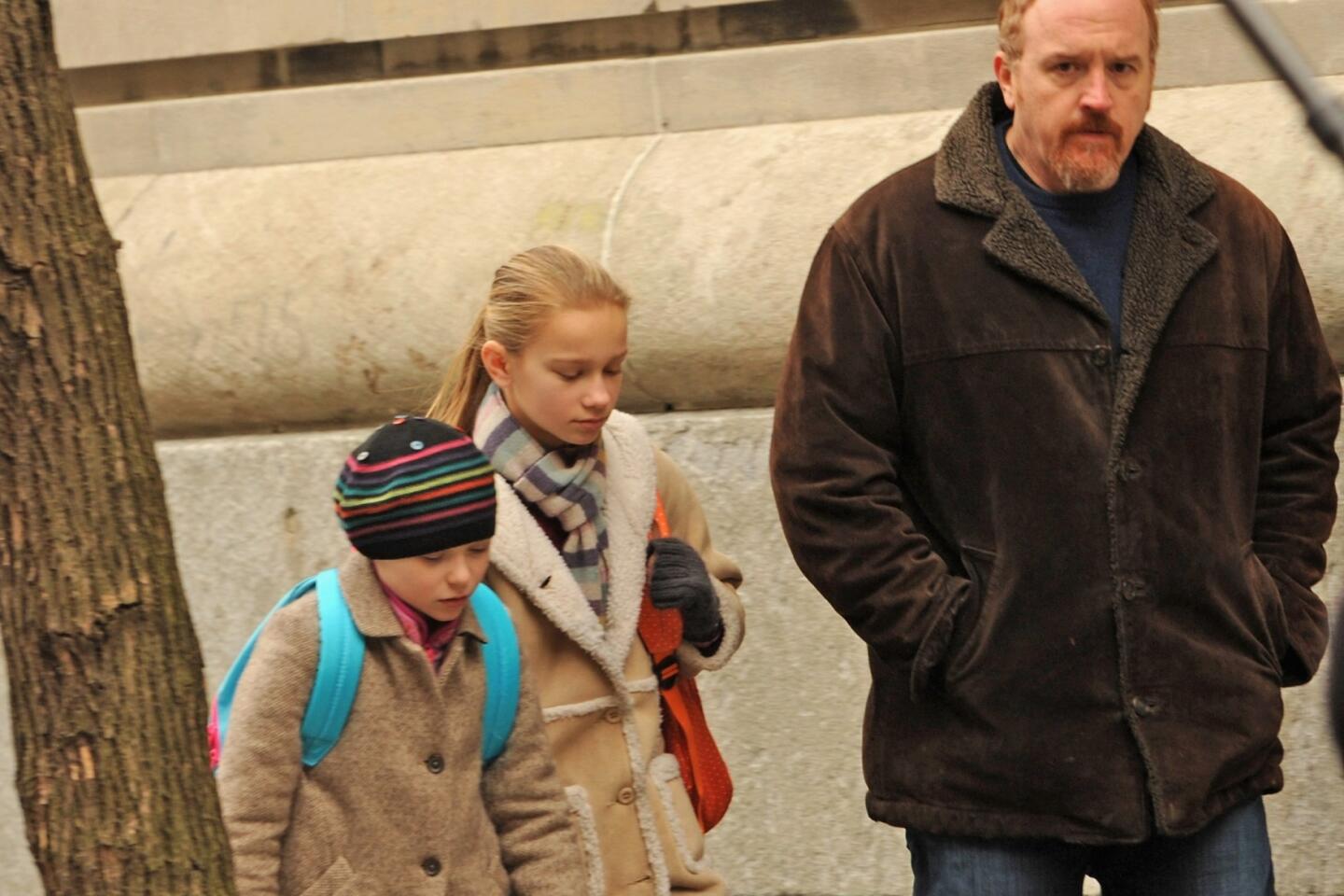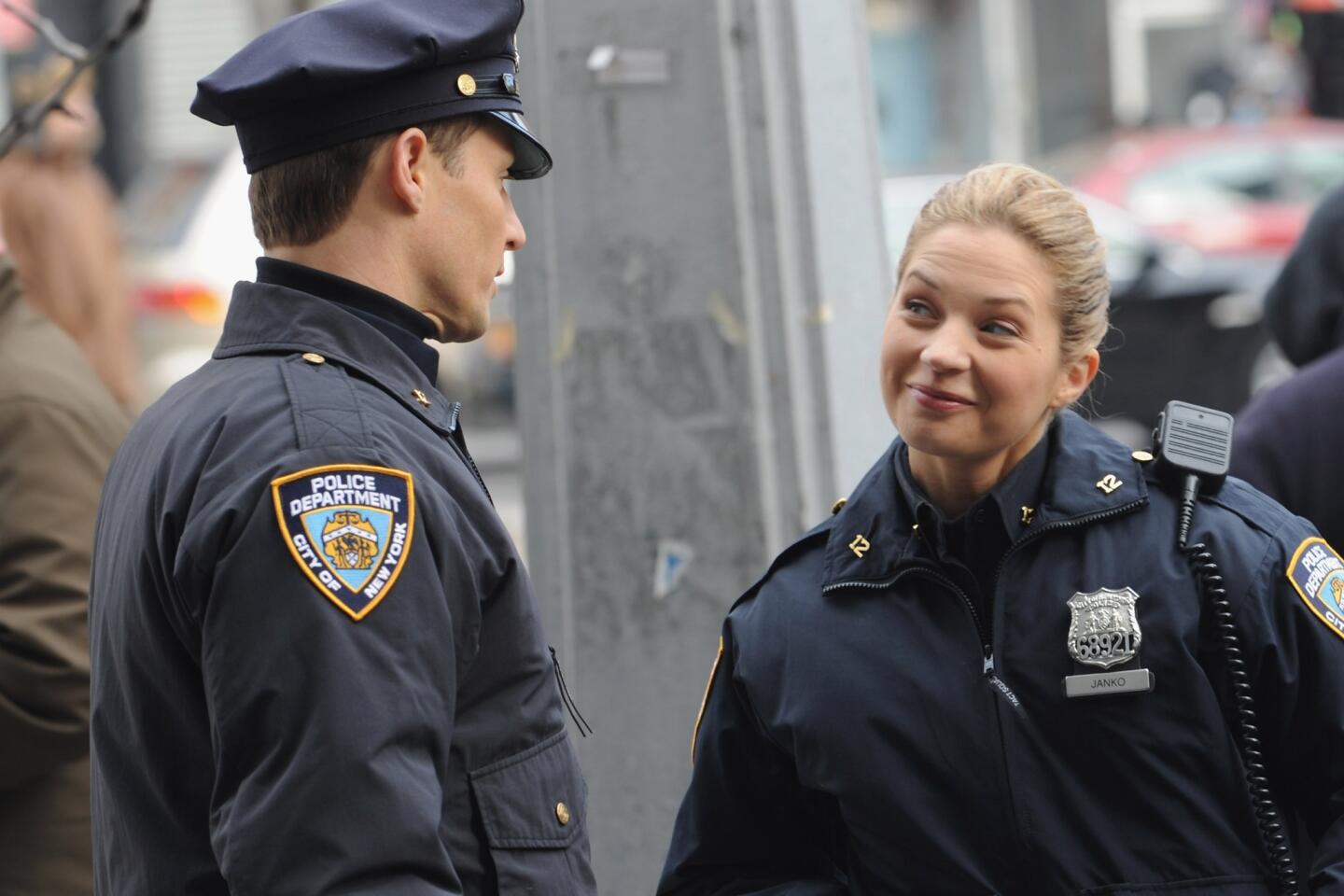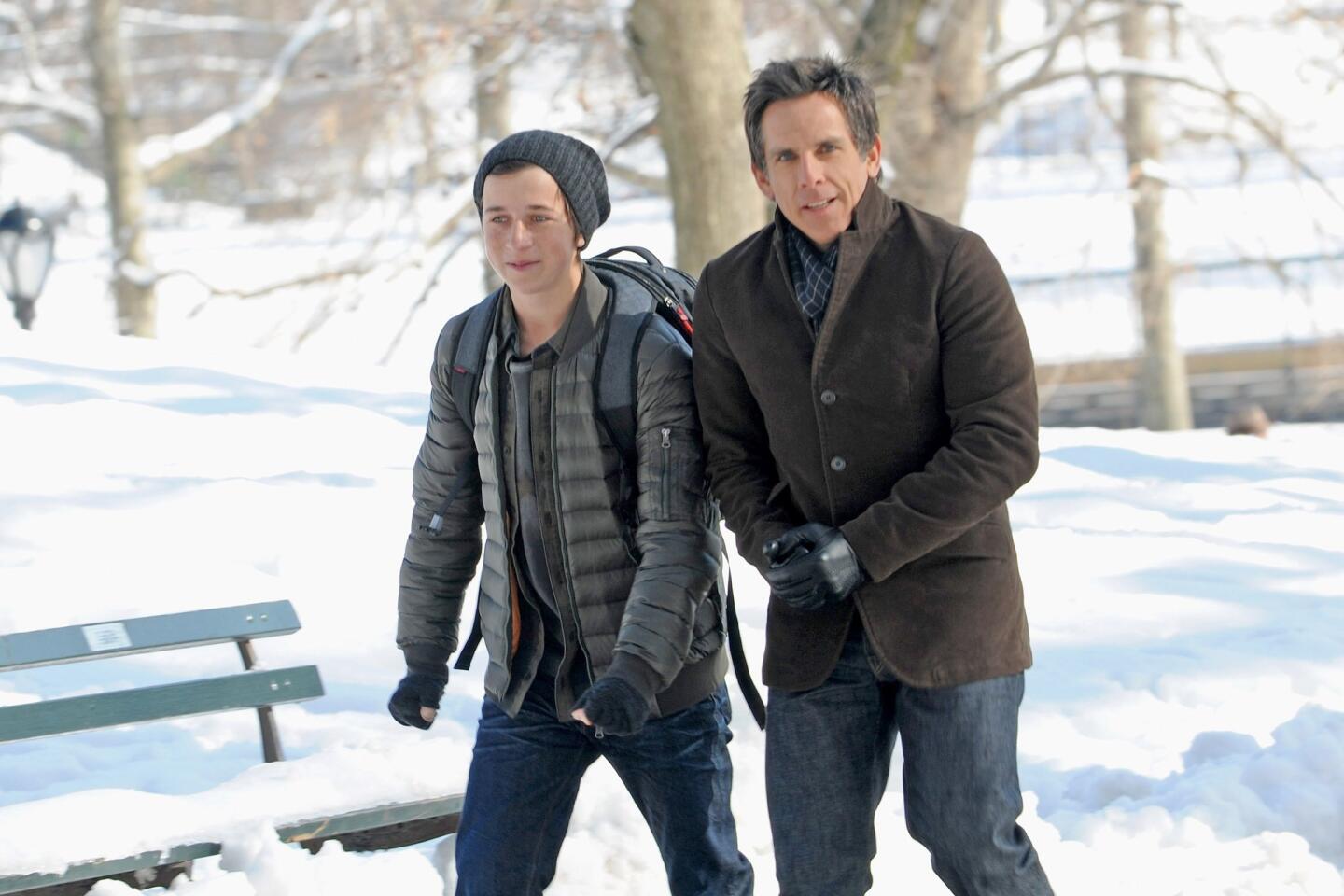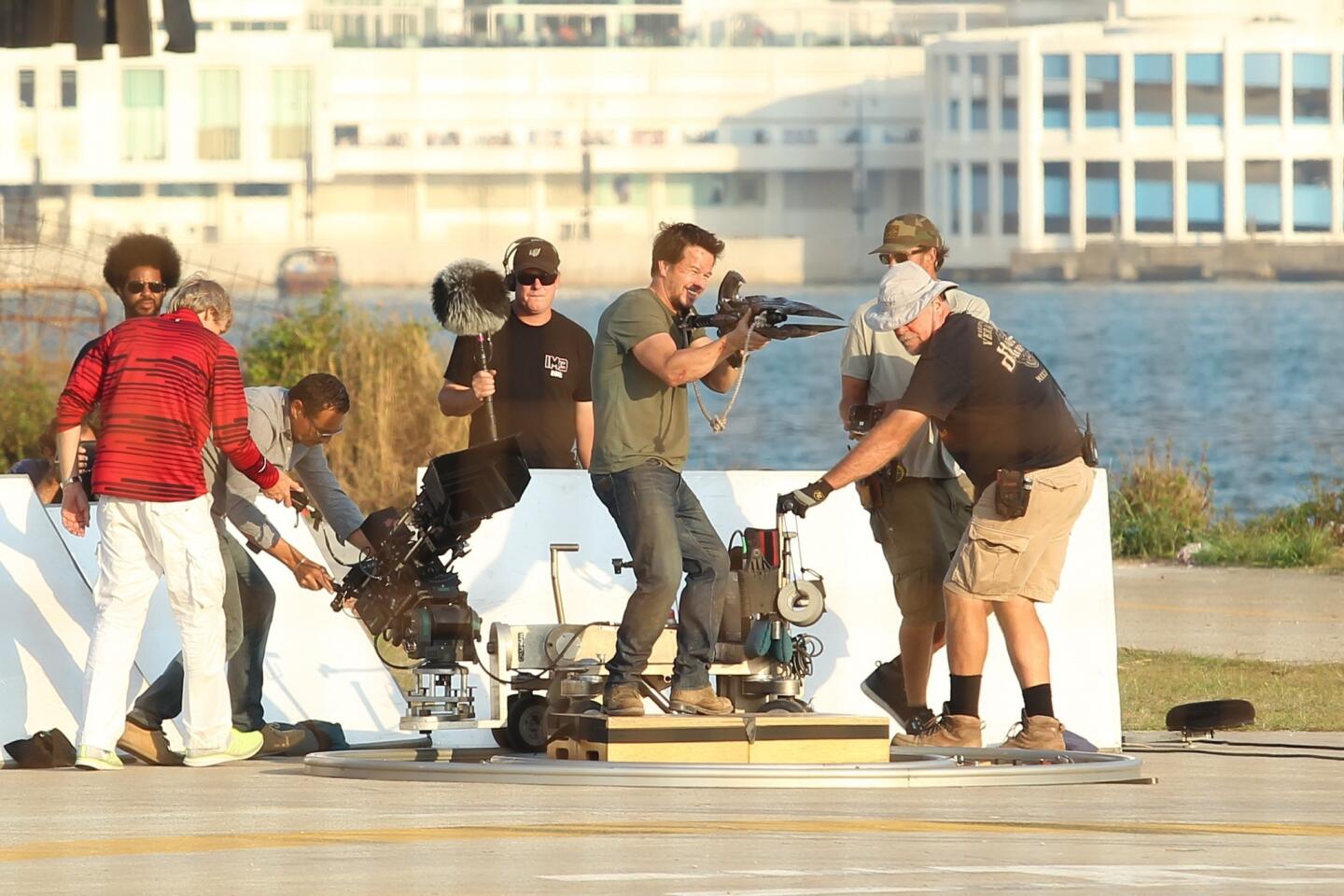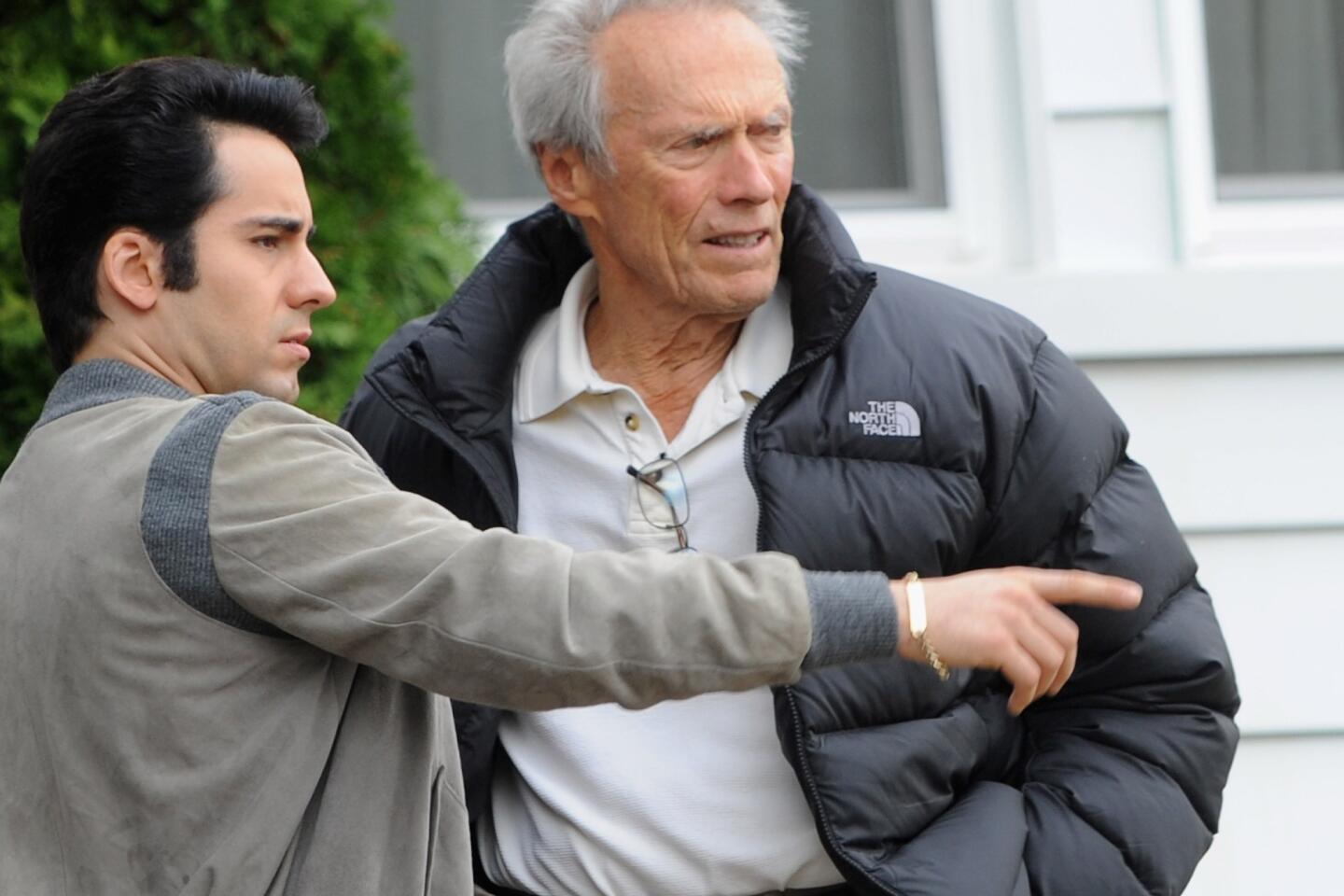Review: What will âBreaking Badâsâ story mean?
When AMC and Vince Gilligan introduced us to mild-mannered chemistry teacher Walter White five years ago, we literally did not know what we were seeing.
White was played by Bryan Cranston, for one thing, an actor we had neatly wrapped up in the comedy box, and with its blinding skies and deceptively clean lines, âBreaking Badâ certainly had elements of satire. Diagnosed with terminal cancer, Walter quickly discovered that the life of a good citizen educator provides little pride and no financial cushion, so he puts his talents to other use â manufacturing near-perfect crystal meth.
But what seemed at first a tale of a mildly deluded Everyman bumbling his way through the spiritual sewers before, presumably, seeing the light, quickly became something else. âBreaking Badâ wasnât about how good men will go to extremes when pushed; it was about how âgood menâ can be secretly bad. The real cancer that grows silently in some menâs souls is a thirst for power that once acknowledged can never be slaked.
PHOTOS: Dysfunctional TV families
As we head into the final eight episodes of âBreaking Bad,â Walter White isnât an antihero; heâs a villain. Season by season, Gilligan has stripped him of every convention and crutch normally used to make a bad-guy lead if not likable than at least not repellent.
The cancer came, the cancer went, but it didnât matter because Walter no longer needed a rationalization. Any vestiges of self-examination or regret were transferred like the chains of Marleyâs ghost to his young protege Jesse (Aaron Paul).
Over the years, the sweaty glaze of Jesseâs original smart-mouth tweaker transformed into the parched burn of a prophet undone by what he has dreamt in the desert. Jesse is the portrait in Walterâs basement, a near physical embodiment of the older manâs crimes.
The haggard beauty of the show, the fearlessness of the writing and the acting has allowed viewers to love the show even if they loathe the story. Which means Gilligan really does have to answer the big question: What does Walterâs story really mean?
Well, as the first episode in this last installment makes clear: The cancer doesnât get him. Which is a relief because that really would be too easy.
Sundayâs premiere begins once again with a fast-forward to an older and more physically fit (he has hair!) Walter, only this time itâs clear that even as he prepares for some final showdown, he is surveying the ruins. The house where he lived with his wife Skyler (Anna Gunn) and their son is now boarded up and abandoned, the name âHeisenbergâ (Walterâs nom de meth) spray-painted on a wall.
PHOTOS: Memorable TV series finales
But Walter is not here to mourn, he is here to arm himself. After prying the tiny vial of ricin from its hiding place in an outlet, he catches sight of his reflection in a broken mirror â blurry, fractured, unrecognizable â and then he moves on.
The narrative, on the other hand, moves back, to the moments just following the end of last season, when Hank (Dean Norris), Walterâs cop brother-in-law, finally realizes that the drug lord he seeks is sitting just outside at a picnic table, drinking a beer. Hankâs reaction to this sudden awful burst of knowledge fuels this first episode, reflecting more powerfully than any broken mirror ever could the terrifying chasm between perception and reality.
Because Walter thinks heâs home-free. He and Skyler have started a car wash business, and watching him discuss the organization of the air freshener display is both hilarious and telling â no way this is going to work out. As the appearance of âa former associateâ quickly makes clear.
PHOTOS: Celebrities by The Times
Skyler seems to have regained some control in the relationship, but that too is a mirage. Walter hasnât changed; his years of cooking and killing have reduced him to his elemental self. Like the portions of the Periodic Table that have come to symbolize the show, Walter is down to his basic properties.
In a way, his journey is over. Whatâs left to see is what the world can, and will, do with him.
Finales are notoriously difficult, but this one seems more important than most, carrying with it a discernible moral weight. In Gilliganâs worldview, does evil survive and thrive? Can there be redemption or simply containment?
The look of heartbreak on Hankâs face when he realizes just what Walter is, is both a triumph and a rebuke. Itâs a reminder that as charismatic and, yes, entertaining as Walter White may be, he is a human oil slick, suffocating whatever he touches.
âBreaking Badâ
Where: AMC
When: 9 p.m. Sunday
Rating: TV-14-LV (may be unsuitable for children under the age of 14 with advisories for coarse language and violence)
More to Read
The complete guide to home viewing
Get Screen Gab for everything about the TV shows and streaming movies everyoneâs talking about.
You may occasionally receive promotional content from the Los Angeles Times.
